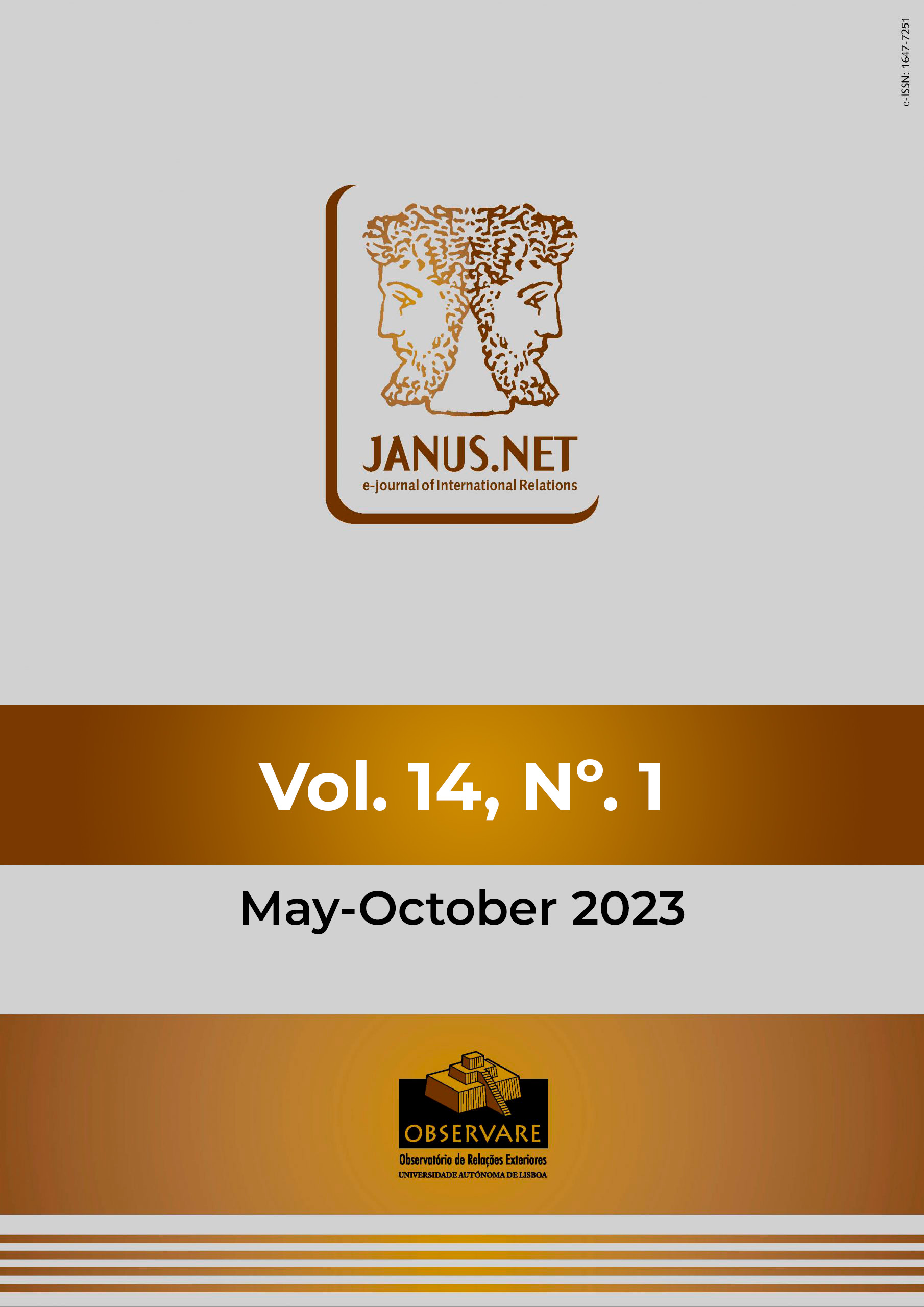In this article, we propose a holistic approach to conflict, delimiting the geographic space to
a sub-region1
, Central Africa, while keeping active the communicating vessels that derive from
ethnic mobility and the fluctuation of territorial borders.
The ethnic issue, geopolitics, and the resources curse seem to us to be more appropriate
explanatory factors of conflict than the religious issue, linked to Islam, or the idea of “failed
states”.
The processes of externalization and factionalism, the diffuse and dispersed dynamics of
alliances, their fluidity according to various alignments, extraversion and policefalia are only
visible characteristics of State`s disorder and chaos that has not disappeared, but simply
feeds, through a hybrid phenomenon (the post-colonial State), from fragmented social
structures for an economy of predatory accumulation.
Degree in Economics from Universidade Técnica de Lisboa / Instituto Superior de Economia e
Gestão. Master's degree in International Economics from ISEG. PhD in International Relations:
Geopolitics and Geoeconomics from Universidade Autónoma de Lisboa. He works at Banco de
Portugal (Portugal) where is Head of Innovation and Support Division of Markets Department. He
was a Consultant for the Portuguese Post Office (CTT), Chairman of the Executive Committee and
Director of Invesfer S.A., a company of the REFER Group, and Director / CEO of CP Carga. He
teaches at Universidade Autónoma de Lisboa (in the Departments of Economics and Business
Sciences and International Relations) and on the MBA in Corporate Finance at Universidade do
Algarve. He is also a member of the Foreign Relations Observatory of UAL, where he has been
involved in various research projects, as well as assiduous participation in the various editions of
Janus - International Relations Yearbook.
Resumo
Palavras-chave
Como citar este artigo
Morais, Henrique (2023). Polemology of Central Africa (1990-2020), Janus.net, e-journal of
international relations, Vol14 N1, May-October 2023. Consulted [online] in date of last visit,
https://doi.org/10.26619/1647-7251.14.1.11
Article received on 23 January, 2023 and accepted for publication on 3 March, 2023















